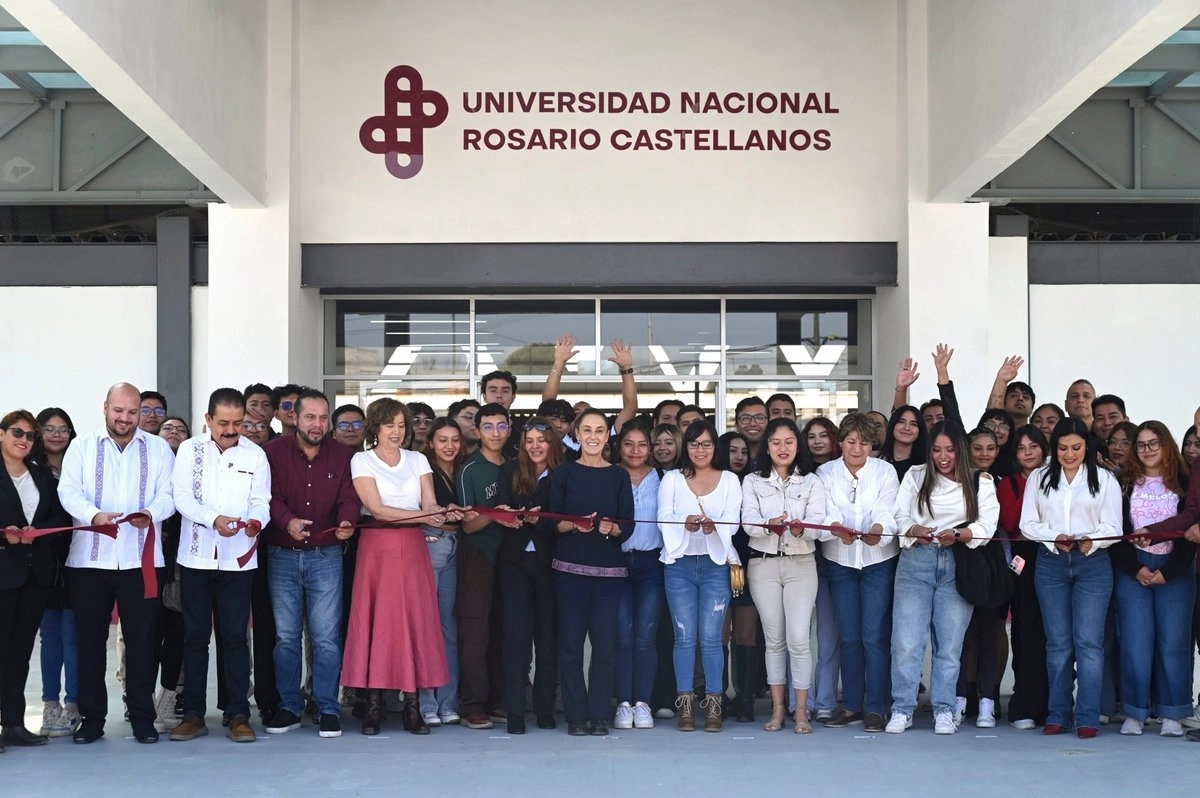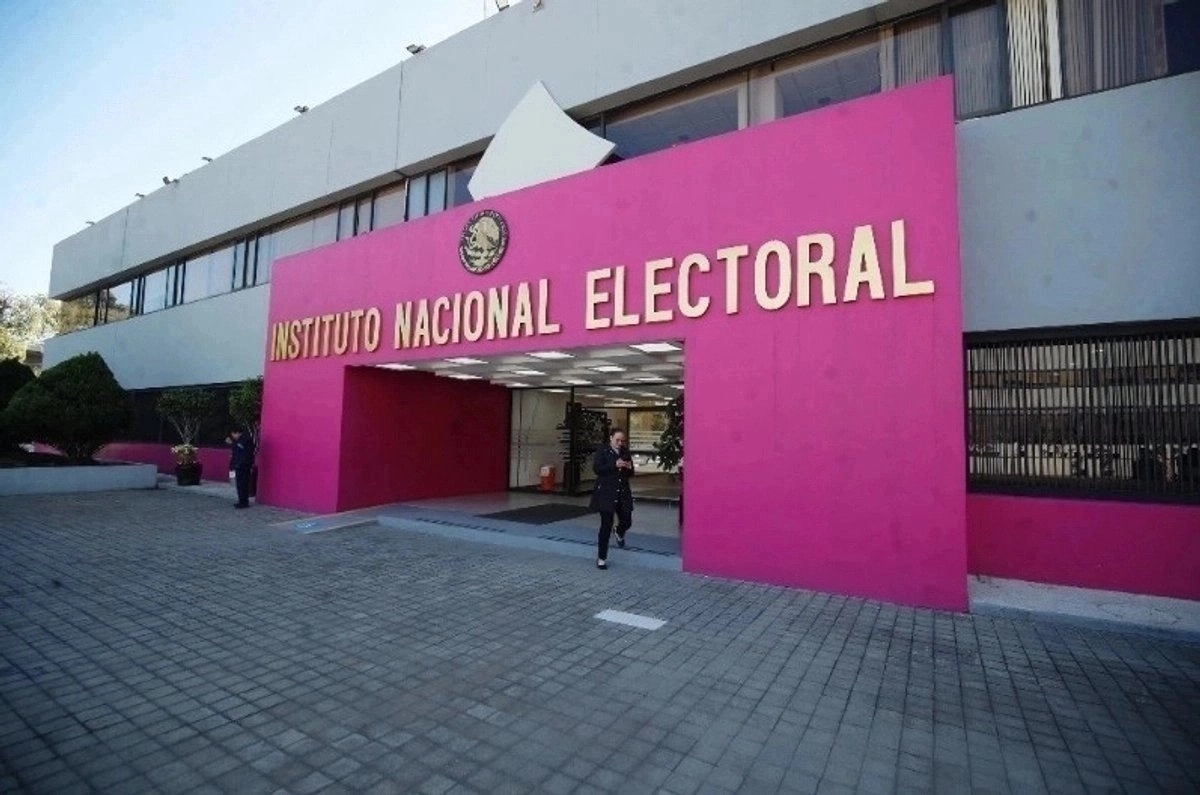Setback for the Government: the DNU that removes the Justice Department from the jurisdiction of assets seized from corruption is suspended.

Federal Administrative Litigation Judge Pablo Cayssials issued a precautionary measure preventing the National Government from moving forward with the text of Decree 575/255, which sought to establish a comprehensive and abrupt change in the system for the management, administration, and disposal of assets seized in criminal cases. The claim began with a presentation by the Union of Employees of the National Judicial Branch. The judge stated that there is "an alleged violation of the independence of the National Judiciary and an infringement of the powers of the Supreme Court."
The controversial DNU sought to implement a new system for the management, administration, and disposition of illicit assets seized and recovered in criminal proceedings. This year, the Supreme Court of Justice had already established guidelines for the new registration and handling of assets seized in corruption cases. The DNU had been promoted by the outgoing Minister of Justice, Mariano Cúneo Libarona, and could have been used, for example, in the seizure of assets belonging to former President Cristina Kirchner in the Highways case.
In response to the change the National Executive Branch sought to impose via decree, the Union of Employees of the National Justice filed a complaint with the Administrative Litigation Court, which is where the scope of the measures adopted by the State are discussed.
Among the main changes sought by the DNU, which Judge Cayssials halted with his ruling, is the reconfiguration of the Property and Administration Regime through the creation of a new regime: The DNU established a new regime for the conservation, administration, and disposal of assets linked to federal and national criminal proceedings (such as drug trafficking, money laundering, or human trafficking).
This has already been regulated by the Supreme Court, as the head of the Judiciary, under the understanding that the judges involved in criminal proceedings are responsible for enforcing the penalties associated with asset seizures, as well as issuing the corresponding precautionary measures throughout the investigations.
The DNU and the new regime sought to transfer jurisdiction to the Executive Branch, thereby displacing the highest court in the confiscation process and transferring intervention to the Ministry of Justice and a new enforcement authority.
But it was also intended to create an Enforcement Authority, to be appointed by the Executive Branch and under the jurisdiction of the Ministry of Justice, which would be given the power to safeguard, inventory, appraise, and manage assets.
One of the most discussed points is that, if the DNU were implemented, judges would have to intervene with the Executive Branch through these new bodies and place assets under their custody and administration, rather than directly disposing of them.
Along with this last aspect, it had been determined that the Council of the Judiciary, responsible for the administration of the Judiciary, had to draw up an inventory and then compulsorily transfer its "administration, storage, and custody to the Ministry of Justice."
The judicial employees' union opposed all of these changes, arguing in its presentation that the provisions of Decree No. 575/25 affect "the normal functioning of the Nation's Judiciary, as it violates its independence; its budgetary funds, which are used to cover its employees' salaries, as well as the expenditures intended to maintain adequate service provision."
On the other hand, it was pointed out that the Decree "modifies provisions of substantive laws, creating uncertainty about the powers and obligations of judicial personnel." Along with these arguments, it was alleged that it violates the "autonomy and capacity of workers to perform their duties without undue interference from the Executive Branch in areas traditionally reserved for the Nation's Judiciary, affecting the planning and development of tasks at all hierarchical and jurisdictional levels."
The requested precautionary measure argued that, with the DNU under discussion, the government "not only comprehensively alters the system for managing illicit assets, but also does so through an exceptional mechanism that, due to its scope and content, exceeds the constitutional limits provided for the issuance of decrees of necessity and urgency."
The regulations for the judge who intervened in the claim are not limited to introducing specific adjustments, "but rather establish a new regime of general scope, with provisions that directly impact the structure and functioning of the Nation's Judiciary and other bodies of the justice system."
As an example, it states that Decree No. 575/25 creates a "new regime for the conservation, administration, and disposition of assets linked to federal and national criminal proceedings, including particularly sensitive cases such as drug trafficking, money laundering, and human trafficking." This reformulation "is not neutral" because "it turns judicial financing into a variable dependent on a scheme designed by the Executive Branch, directly affecting the autonomy and budgetary self-sufficiency of the Judiciary."
When examining the arguments presented by the union, Judge Pablo Cayssials stated in his ruling that "the alleged violation of the independence of the Nation's Judiciary and the infringement of the powers of the Supreme Court of Justice of the Nation have been proven; these aspects allow us to establish the plausibility of the right invoked by the plaintiff."
Based on this, the magistrate of the administrative litigation court said that among the most serious arguments are "the possible consequences that would arise from maintaining the validity of DNU No. 575/25, to the extent that the different issues that arise in the framework of the files where the assets referred to in the Regime are at stake" approved by the Supreme Court and which is in force.
Therefore, the suspension of the articles of the Decree with which the National Executive Branch intended to modify the administration of assets seized in criminal cases was ordered.
Clarin





